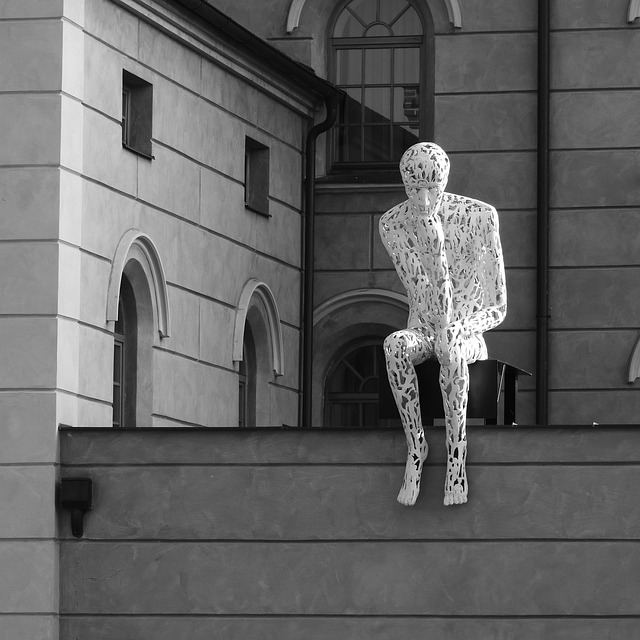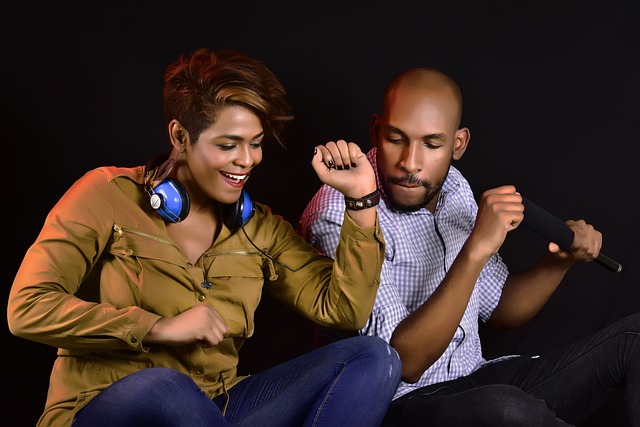From the moment we are born, the world begins shaping us, assigning us roles before we even understand what they mean. These roles—whether the caretaker, the responsible one, the fixer, the scapegoat, the golden child, the quiet one, the strong one—are not necessarily who we are, but rather who others expect us to be. They can come from our families, friends, workplaces, and society as a whole. And once we accept them, we risk losing ourselves in a script we never wrote.
What Is a Role, and Why Does the World Assign Them?
A role is an expectation placed upon you, defining how you should behave, what you should prioritize, and how you should engage with the world. Families, friends, and even strangers subconsciously assign roles because it creates order. People feel safer when they can predict how someone will behave. If you’ve always been the one who fixes things, others rely on you to continue doing so. If you’ve always been the one who keeps the peace, they expect you to swallow your needs for the sake of harmony.
These roles serve a function—for them. They create stability, but not necessarily for your benefit. When you accept a role, you often do so because it feels like love, belonging, or purpose. But over time, it becomes a cage.
How We Are Conditioned Into Roles
From childhood, we are subtly or overtly rewarded for fulfilling roles and punished when we stray from them. A child who is praised for being “so responsible” learns that their worth comes from taking care of others. A teenager who is always expected to be the “mature one” realizes that expressing their own needs is met with discomfort or disappointment. A person who has always been the “helper” begins to feel guilt when they set boundaries, as if they are failing at something essential.
This conditioning happens so gradually that we don’t even question it. We think, “This is just who I am,” not realizing it’s who we were taught to be. And because it benefits others, they have no reason to let us break free.
The Downside of Accepting a Role
Living within an assigned role stifles authenticity. It forces you to abandon parts of yourself to maintain an identity that was never fully yours. Over time, it leads to resentment, exhaustion, and a loss of self. You become the person who always says yes, even when it drains you. The one who always picks up the pieces, even when no one checks if you’re okay. The one who keeps the peace at the cost of your own inner turmoil.
Accepting a role also makes it difficult to grow. When people see you only as the role you play, they resist your evolution. If you’ve always been the one who says yes, the first time you say no, you’ll be met with resistance, disappointment, or even anger. It’s not because you are wrong, but because you are breaking the unspoken contract that others have built around you.
The Truth About Roles
The truth is, you are more than the role the world has assigned you. You are allowed to change, to expand, to reject expectations that no longer serve you. You do not owe anyone a performance just because they have grown comfortable with the version of you that benefits them. Real love and respect do not come from fulfilling a role—they come from being seen and accepted as a whole person.
Breaking free from an assigned role is difficult, especially when others resist the change. But your freedom is worth more than their comfort. You are not here to be what others need you to be. You are here to be yourself.
How to Break Free
Breaking free starts with recognizing the role you’ve been playing. Ask yourself: Who do people expect me to be? What happens when I don’t meet those expectations? Do I feel guilt when I choose myself over the role? Acknowledging the role is the first step in letting it go.
Next, begin setting small boundaries. If you’ve always been the caretaker, practice saying no when you need to. If you’ve always been the quiet one, start speaking up. Expect resistance, but stand firm. People who truly care about you will adjust; those who only valued you for what you provided may fall away. And that’s okay.
Give yourself permission to redefine who you are. You do not need to explain or justify your decision to step out of an old identity. Your only responsibility is to yourself—to live a life that is fully yours.
Affirmations to Break Free from Assigned Roles
- I am more than the role others have assigned me.
- My worth is not tied to what I do for others.
- I have the right to grow, change, and redefine myself.
- It is safe for me to set boundaries and put myself first.
- I do not need to seek permission to live as my true self.
- My identity is mine to shape, and I release all roles that no longer serve me.
- I am not responsible for making others comfortable at the expense of my own well-being.
- I am free to be all of who I am, without apology.
Stepping out of an assigned role can feel like stepping into the unknown, but it is the only way to truly live. You do not have to remain in a script you did not write. You do not have to sacrifice yourself to keep others comfortable. The life you want begins when you decide that you are no longer here to play a part—you are here to be whole.













